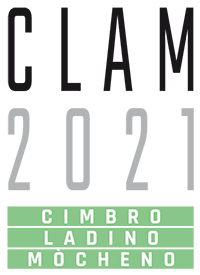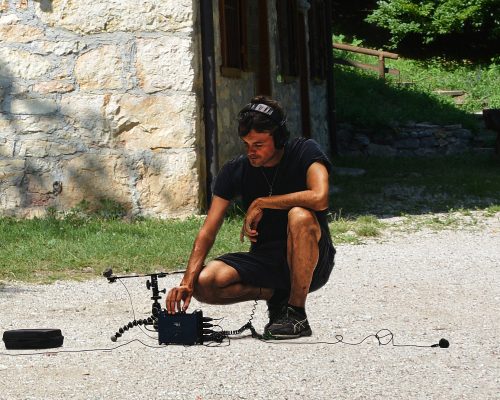
The Mother Tongue
24 May 2022“I believe the situation of the Ladin language is becoming difficult as it is gradually being absorbed by Italian. For example, there is no longer a young person who counts in Fassa Ladin, because they learn these skills in Italian at school. According to the older ones, the Ladin on television is largely seen as artificial and manufactured in a laboratory. Almost everyone views Ladin as having certain constraints; this brings to my mind the state of Italian dialects, while they are valued, for their significance, diversity and beauty, their use is diminishing and confined to specific contexts.”
“Ladin is still very vital, as practically everyone aims to integrate Ladin and Italian in administrative settings. However, I fear that its future is already sealed in this increasingly globalised world.”
“Although many people consider Ladin their language, it often appears easier to speak Italian, as it is learned in school and used in public discourse and other situations, rather than when talking to neighbours. This is why Ladin poses a slightly greater challenge in terms of usage. Above all, older people and those over 30 perceive Ladin differently than the younger ones, who mainly speak Italian.”
“It surprised me that young Ladin people declared Italian as their mother tongue. That is why I agree with older people who call for initiatives to promote the Ladin language.”
“The respondents’ feedback on the sociolinguistic survey varied from genuine interest to rejection or criticism. At first, there was a hesitation towards the interviewer and the survey, this was eventually replaced by a readiness to fill out the questionnaire. Just a few people, around five or six, decided not to complete the survey.”
“Generally speaking, I found the work interesting and enlightening. I enjoyed taking a break to chat with older informants […] who warmly embraced this sociolinguistic research, […] despite expressing their dissatisfaction with how Fassa Ladin is changing, which they claim is ‘totally different from what was spoken in the past.’”
“[…] smaller communities exhibited a higher propensity to collaborate. The majority of respondents opted to answer the questionnaire in Ladin rather than in Italian or German, the other two languages offered, which may suggest […] that Ladin is a fully natural way of communicating. It is also fascinating to note that several respondents expressed not only that they enthusiastically took part in the survey, but they also felt honoured to have been chosen.”





